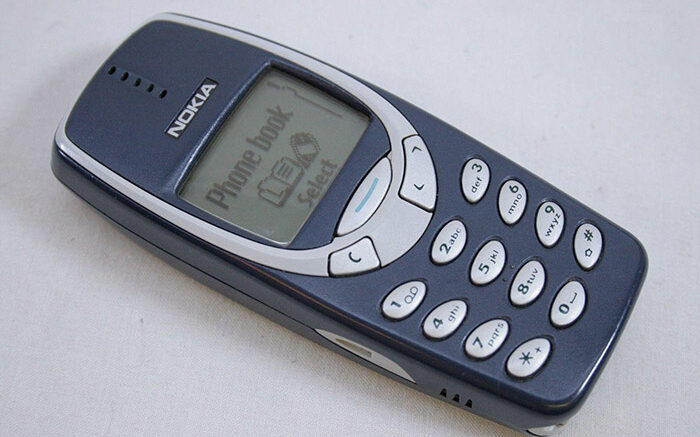The last couple of weeks, I’ve seen a lot of articles saying that what we really need are more dumbphones. Here’s one from The Verge, for example. The thrust of these articles tends to come down to one of two perspectives, or sometimes both. Those articles aimed at youngers tend to say the folks who grew up with cell phones attached to their hands have realized how toxic that can be. Those aimed at olders tend to talk about the deliberately addictive nature of cell phones, and how we as a culture don’t know how to deal with that.
Those are two perspectives on the same thing, and the difference comes down to whether you believe today’s phones are, in and of themselves, the problem. It seems to me that Zoomers believe that smartphones are irredeemable in the same way that health hazards are. The rest of us believe that these are great tools that just need to be less intentionally addictive. I’m not sure what the real answer is, but I’m still prepared to give my opinion.
Actually I already did
In an article from two years ago entitled, OPINION: Sometimes I miss my dumbphone, I laid out the case. My dumbphone lasted forever on a charge, was small and light, and still kept me in contact with the most important people in my life. It was never a source of friction between me and other people who think I spend too much time on it. It was never something I felt an itch to hold every 90 seconds or so.
But, I need to refine my point of view. I don’t think being out of touch is really the answer. A dumbphone can force you to let go of your social media, of the coworkers who want something from you, and of the never-ending stream of toxic news. But it can’t answer that nagging question in your mind. It can’t tell you where you know that actor from. A dumbphone won’t tell you if that restaurant is open today, especially since restaurants never answer their land lines.
There has to be a middle ground
Dumbphones aren’t the answer we need because they are too restrictive. Ask a person whose job relies on emails and chats to leave their smartphone behind and they’ll be unable to do their jobs. It’s not just a question of feeding their addiction. It’s a matter of existing in the world today.
Your dumbphone won’t keep you from getting lost while driving. It won’t let you document the beauty around you through photography. It won’t help you stay sane while you wait for your turn at jury duty. And, as I said, it won’t keep you connected to work in a way that we all seem to need to be.
Our phones already give us “do not disturb” modes, even ones that automatically trigger while driving. They also give us night modes that help remove the blue light that keeps us awake. It’s not enough.
I think the middle ground has to come from us, and we have to force our phones to behave as we want them to.
Gen Z isn’t wrong
We, as a society, need to find a way to hold social media accountable for predatory practices. They know they’re making an addictive product and they’re making it intentionally more addictive. When cigarette makers were in that position, we went after them. It took decades but things did change somewhat. Social should be easier to reform, at least politically, because there are good things about it, things that help us emotionally. Just enhance those things and get rid of the bad stuff.
We also need to understand what the 24-hour-a-day work cycle is doing to our brains. Once upon a time, those folks who worked more than 8 hours were called “workaholics.” Those who spent money on a cell phone for work (meaning they had money) were called out for poor work-life balance. Now everyone checks email after work. What we need is a return to a culture that tells people, that’s not ok.
We need balance. Where once we had no access to the outside world once we left home or work, now we have the wrong kind of access. Not too much access… the wrong kind of access. We need to find a way to keep using our smartphones without becoming embroiled in a flame war on Reddit or giving in to our boss’s meeting requests when they come on Friday at 7pm.
Strategy and tactics
“Strategy” and “tactics” are two words that are often used incorrectly. The difference between them is easy to understand “Strategy” is the big-picture way we look at our goals. “Tactics” are the little steps we take to get there. Replacing your iPhone with a Nokia 1100 is a bad strategy, sorry Zoomers. However, learning to keep the phone in your pocket during meals is a great tactic. Let’s start there.

